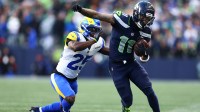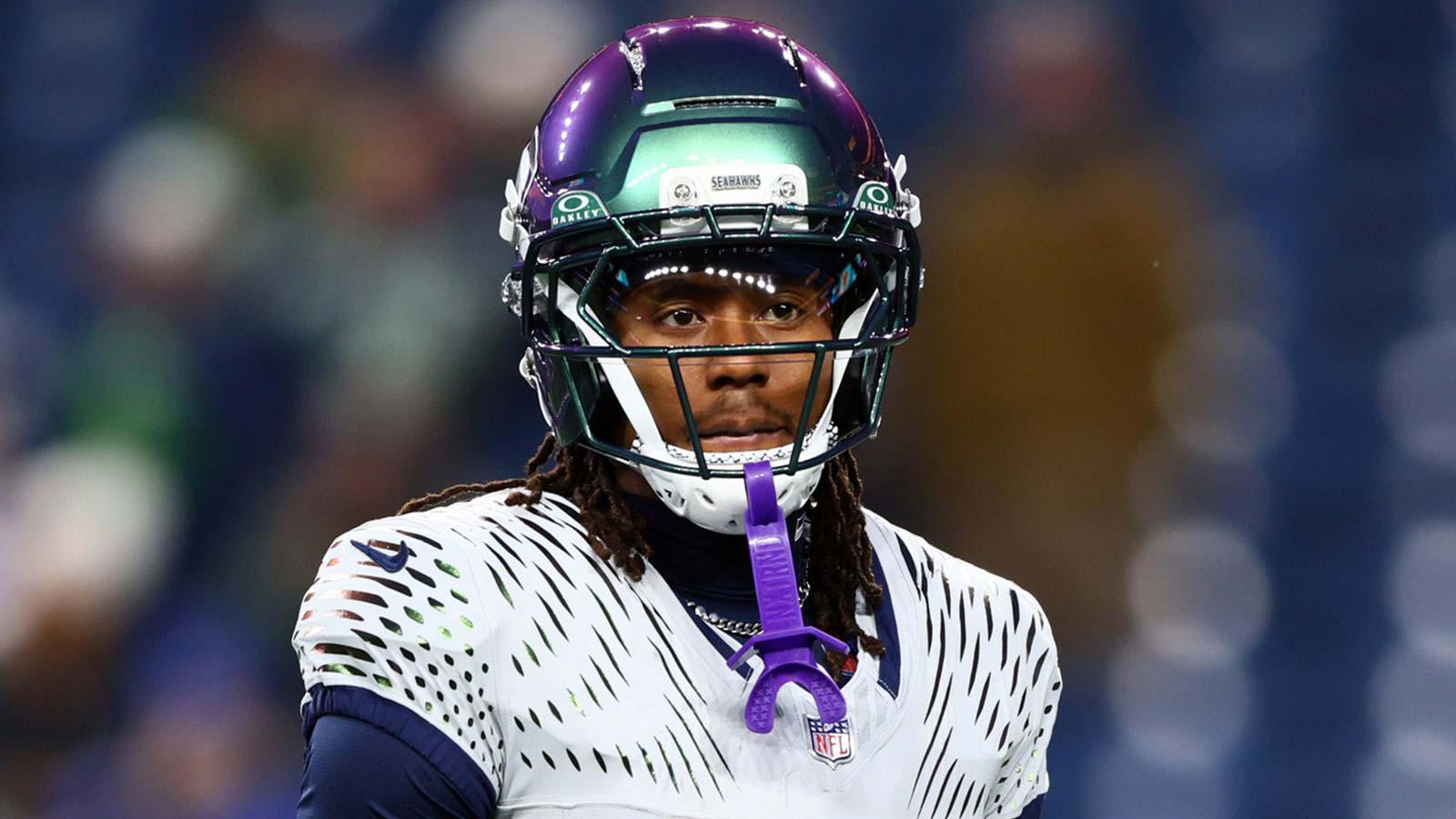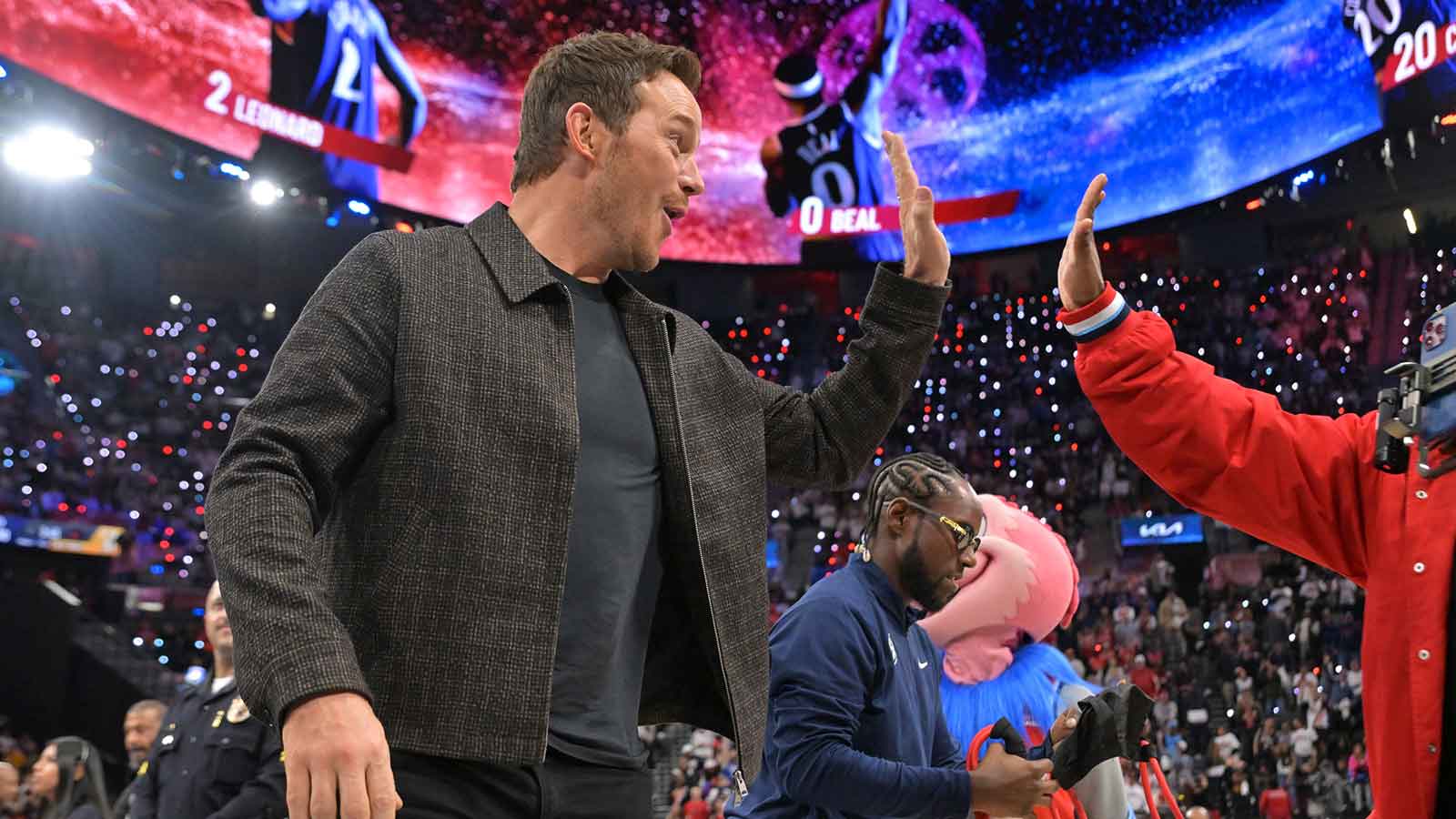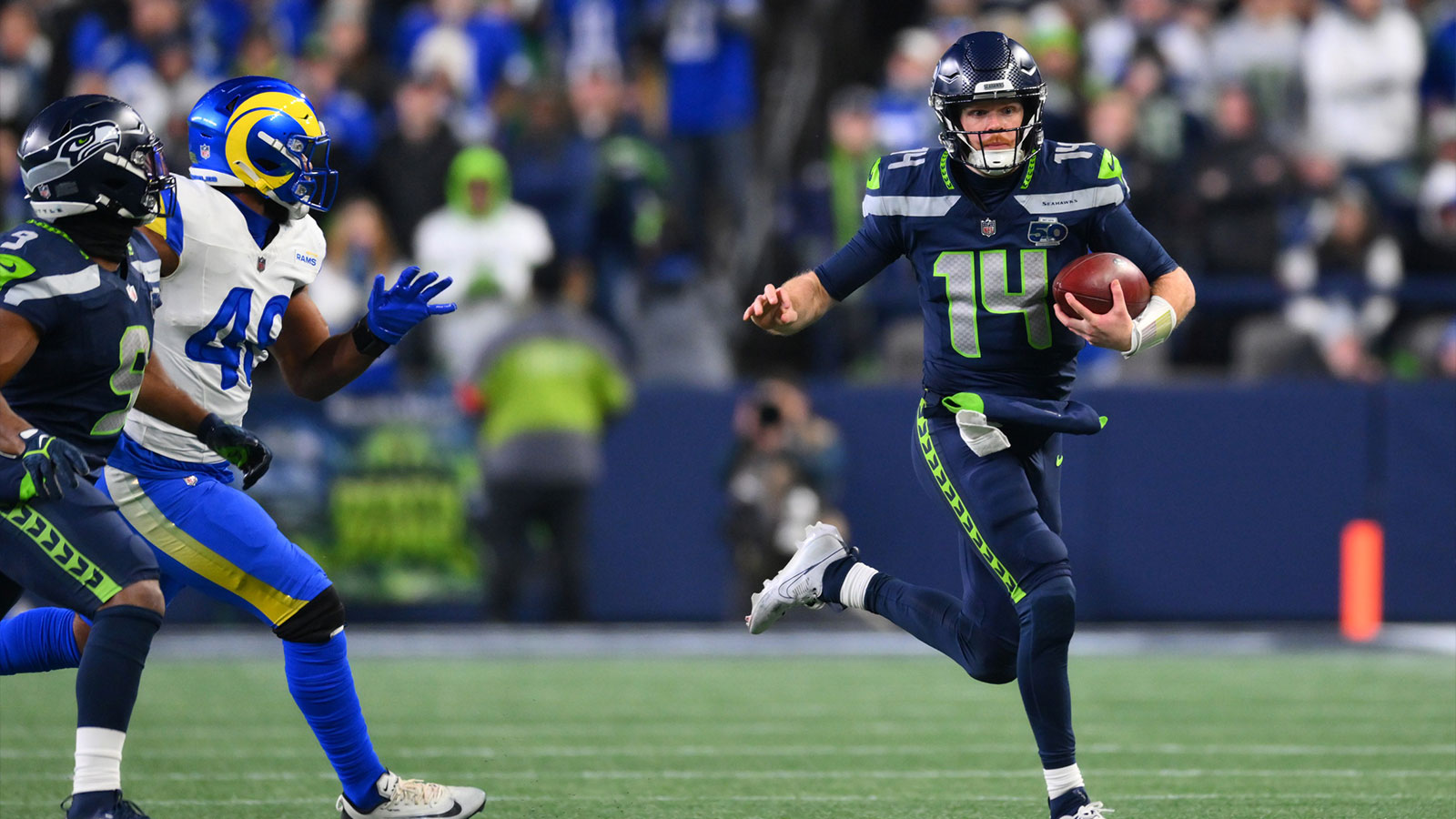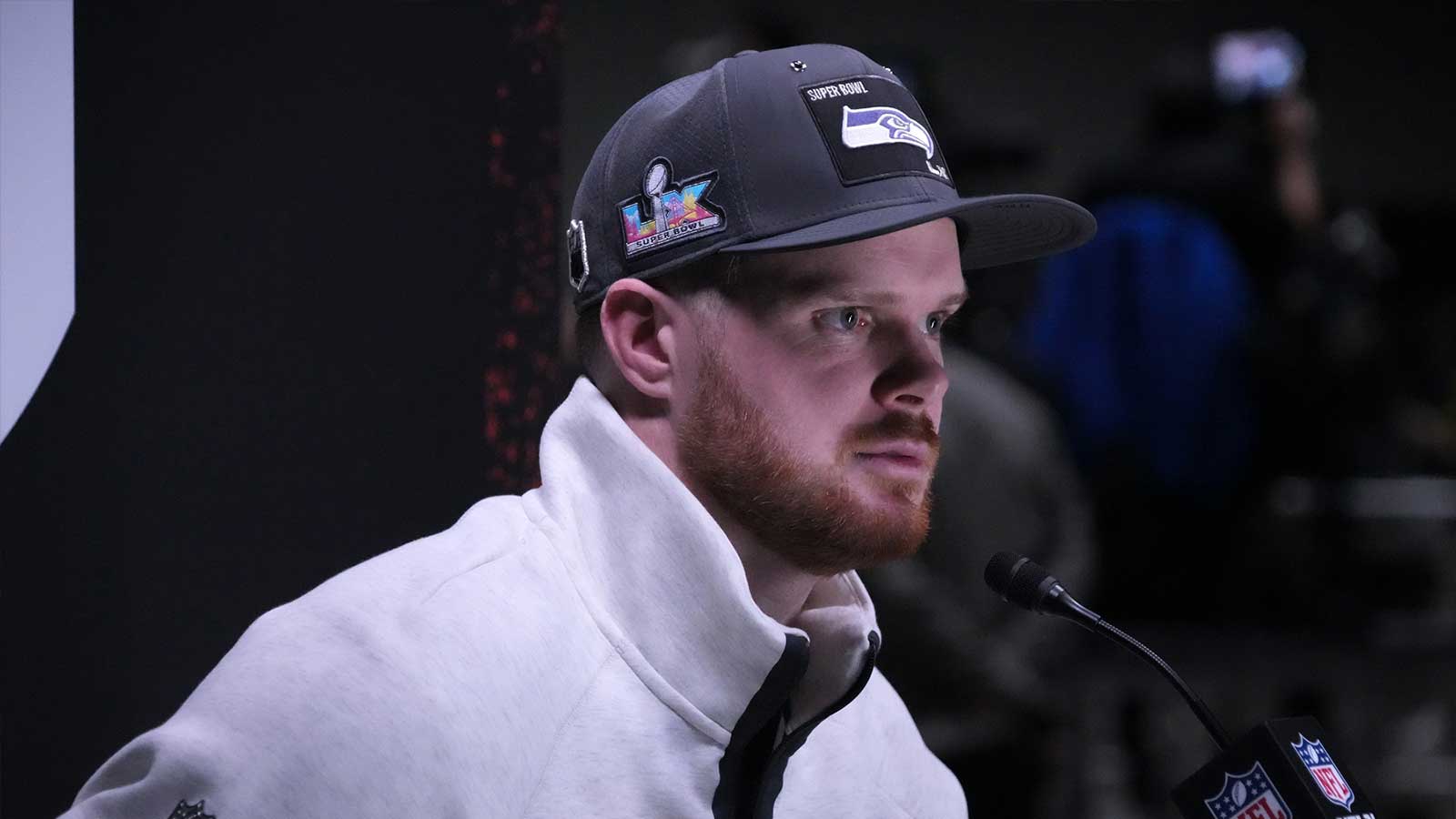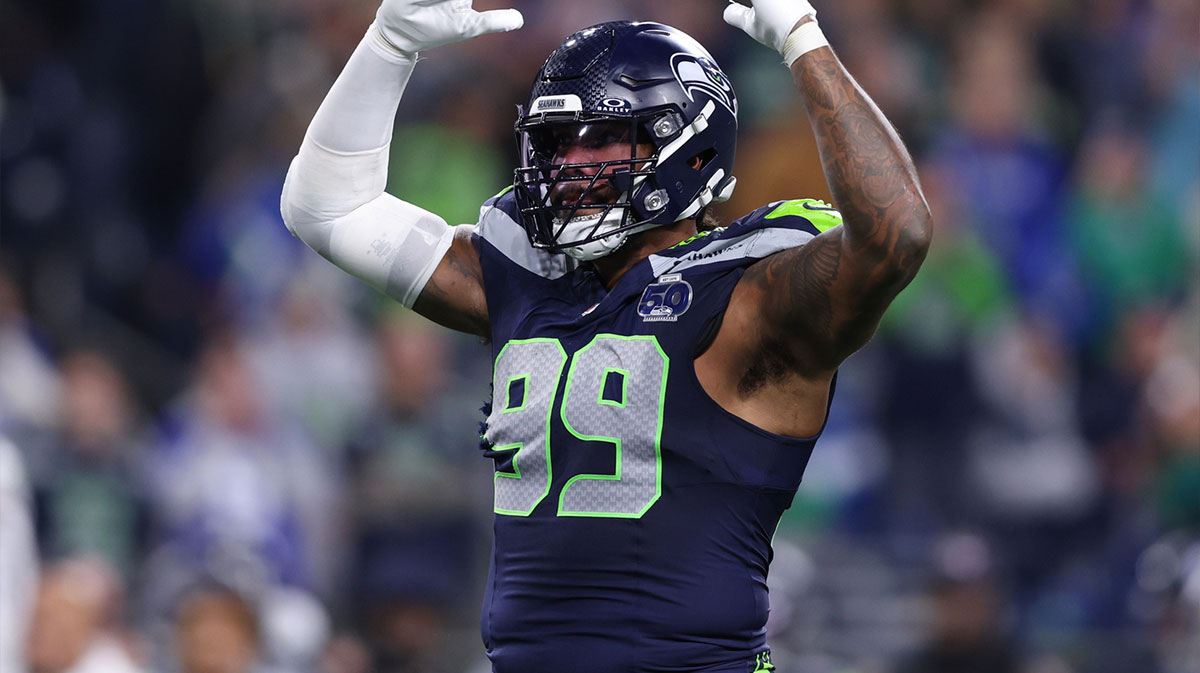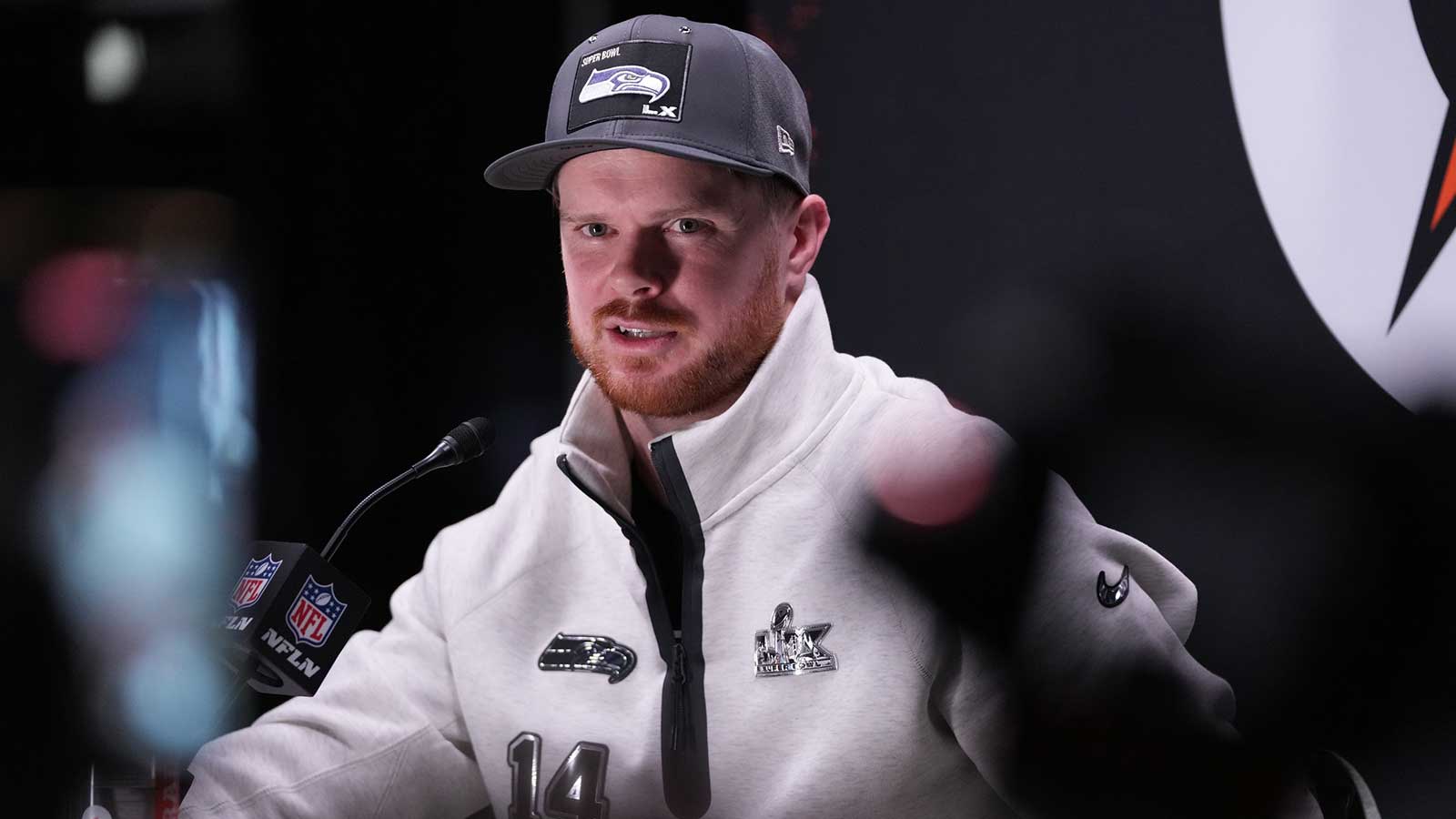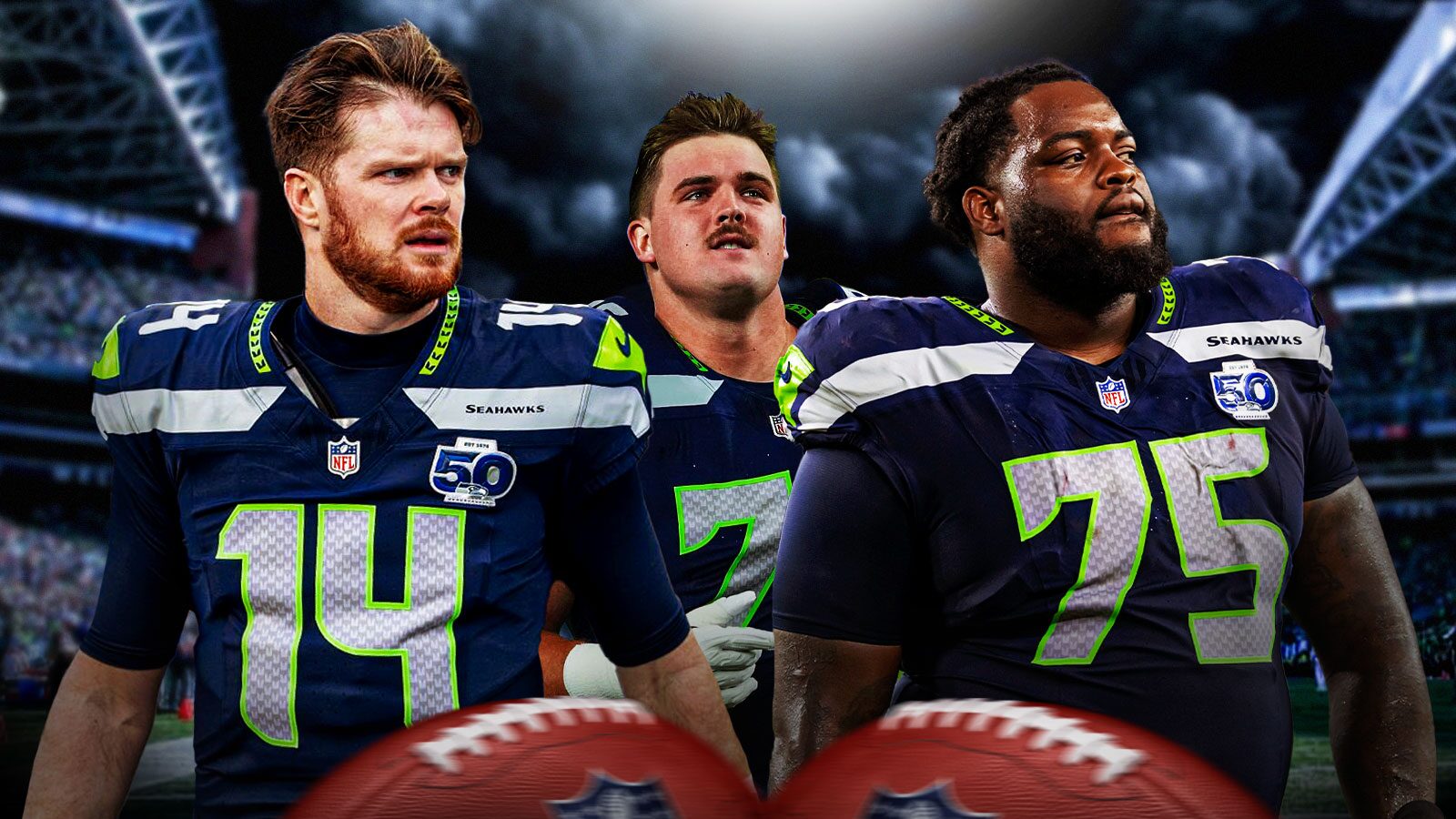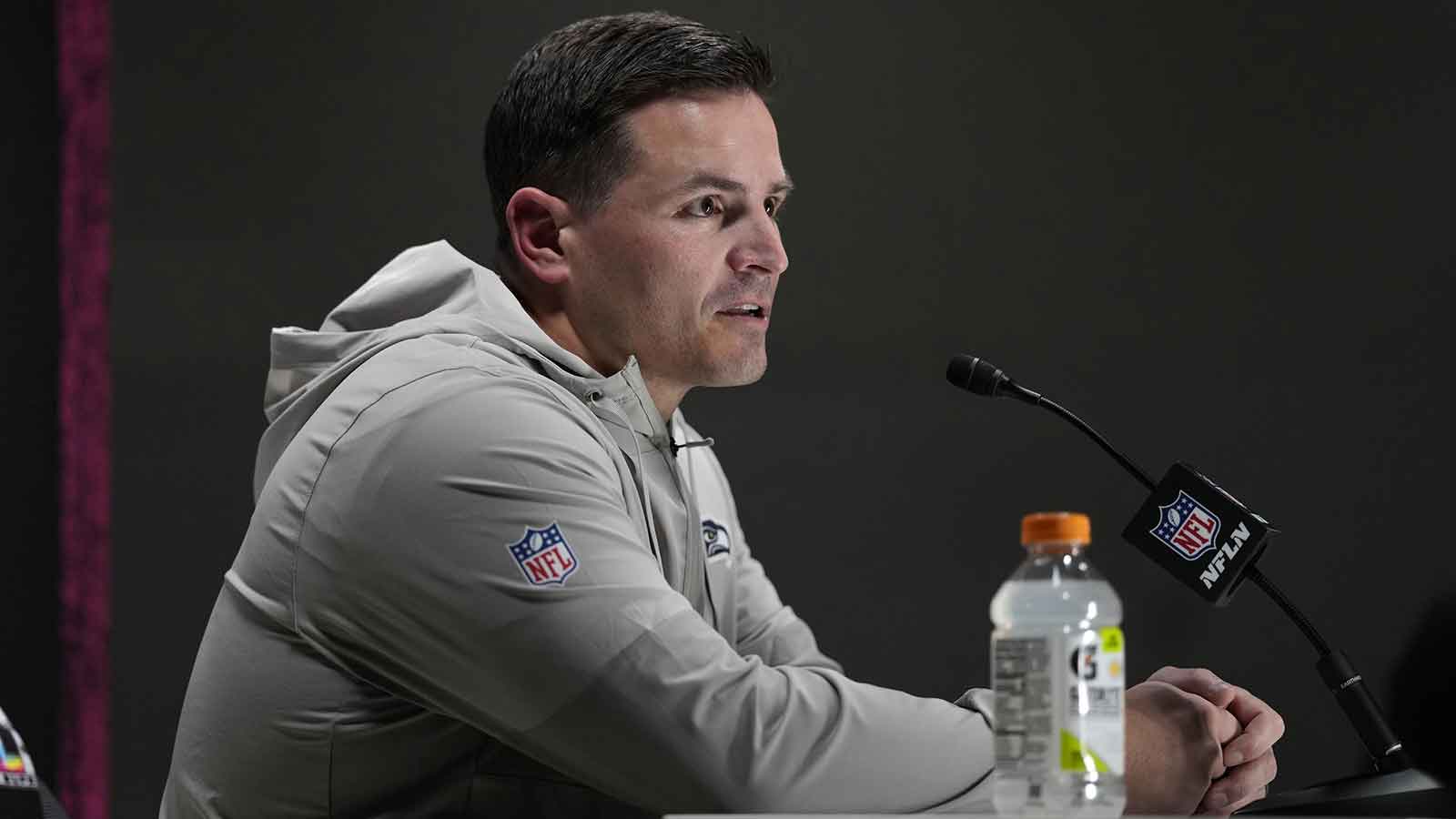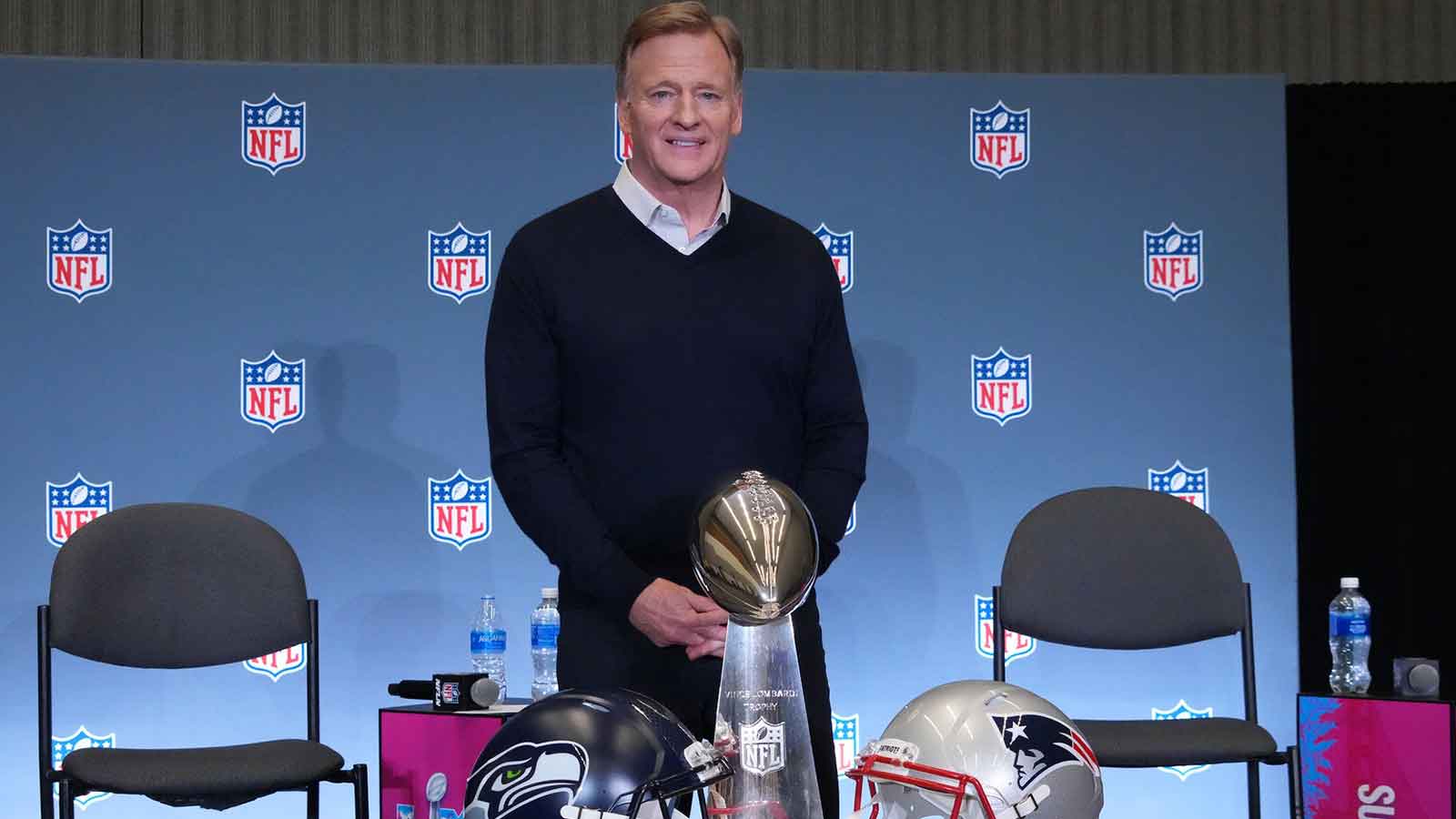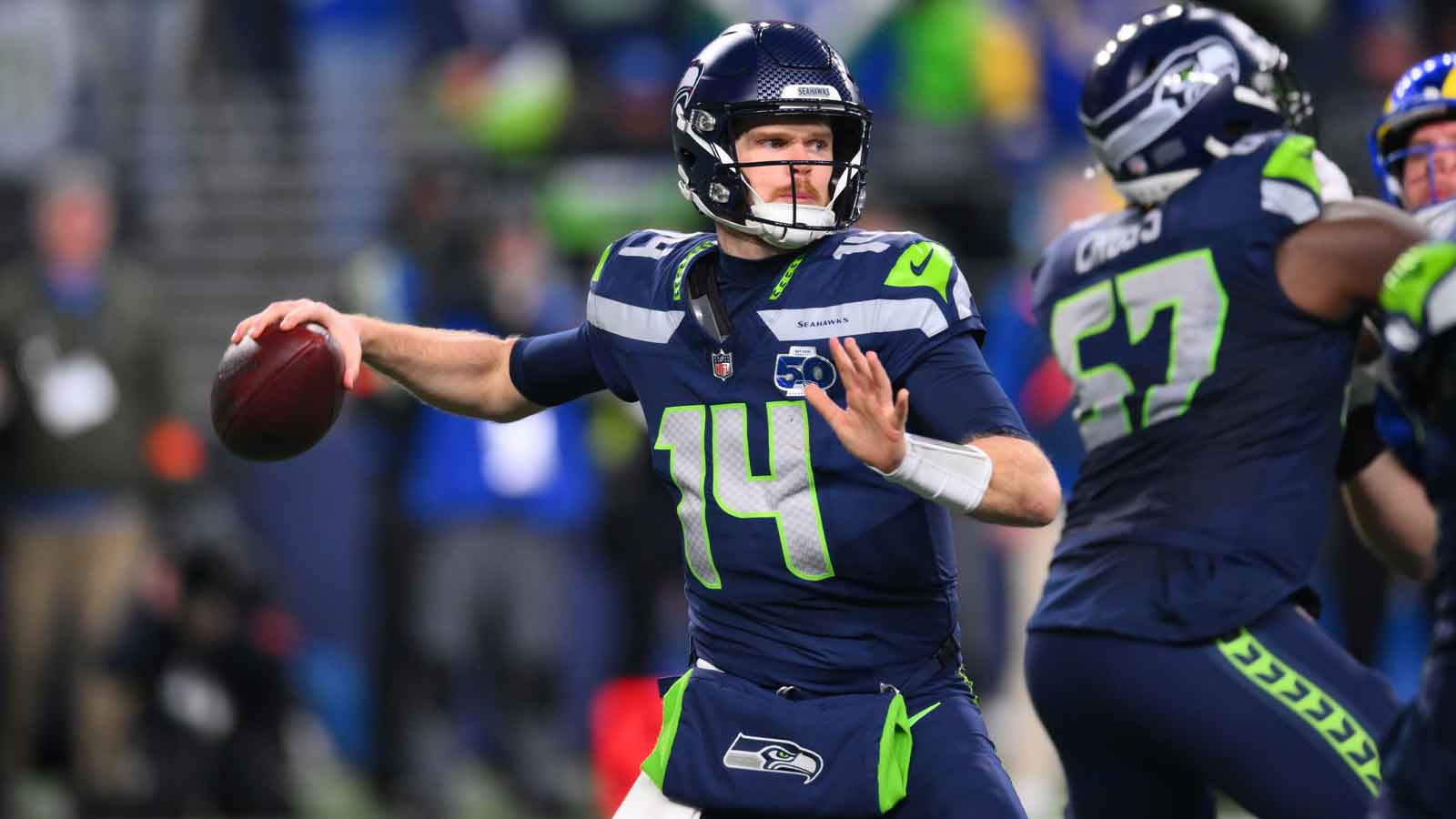A day after the Seattle Seahawks lost to the Los Angeles Rams in the NFL Wild Card Round, their players sounded like they were still trying to process the stunning 30-20 defeat that prematurely ended their season.
Linebacker KJ Wright, the Seahawks’ longest-tenured player, said as much when he addressed reporters before the team headed into the offseason:
“Out of all the years since we lost to New England, I thought that this year was our best chance of going (to the Super Bowl),” Wright said, per the Seahawks’ website. “I truly felt like we had all the pieces, we had all the confidence in the world to go back.”
Seattle went into the playoffs with a 12-4 record after winning the NFC West for a fourth division title since Pete Carroll took over as head coach. It was the team’s best record since 2014, which was also the last time they reached the Super Bowl.
But against the Rams, who started John Wolford at quarterback but had to turn to Jared Goff after he suffered a neck injury in the first quarter, the Seahawks couldn’t get it done. Instead of a victory against their shorthanded rival, the issues that hounded them throughout the season manifested against Los Angeles. Here are three lessons the Seahawks can learn from the loss to the Rams.
1. Russell Wilson can’t always save the day
The 2020 season began with quarterback Russell Wilson being the frontrunner for the MVP. But his season ended with the same offense putting up just 20 points against the Rams’ top-ranked defense.
The eight-time Pro Bowler completed just 11 out of 27 passes for 174 yards, two touchdowns, and one interception. According to ESPN Stats, his 40.7% completion rate on Saturday was tied for the second-lowest of his career. The 32-year-old proved that he is still one of the NFL’s best quarterbacks, but the second half of the season also showed that he can’t do everything on his own.
With the Rams anticipating that the Seahawks would rely on Wilson’s passing, defensive coordinator Brandon Staley’s unit pressured him on half of his dropbacks and sacked him five times. Relying on Wilson’s talents should still be a part of the Seahawks’ game plan moving forward, but it shouldn’t be their only strategy, as there will be nights when he will struggle.
2. They can't keep playing catch-up, especially in the playoffs
Aside from their issues on offense, the Seahawks also have problems on defense, but one problem that has hounded them in the postseason in recent years is slow starts. Per NBC Sports, Seattle has faced a halftime deficit in each of its last five playoff losses dating back to 2015, including staring at a 20-10 deficit at the break against the Rams on Saturday.
That lead proved to be insurmountable, as the Rams did just enough to fend off the Seahawks as Sean McVay’s team moved up to 37-0 when leading at the half. With the team’s offense struggling against the Los Angeles defense, it was important for Seattle not to fall behind early, but that didn't work out.
Having Wilson throwing to targets like DK Metcalf and Tyler Lockett will always give the Seahawks a chance to come back and win a game, but entering the locker room with the lead instead of playing catch-up puts them in a better position to win, especially in the playoffs where the stakes are highest.
3. The offense has to be less predictable
There were several frustrating aspects of the Seahawks’ loss, from the offensive line’s inability to protect Wilson to the pass rush getting just three sacks on Goff and Wolford. But one of the game’s costliest plays happened in the second quarter, when Wilson was intercepted by cornerback Darious Williams on an attempted screen pass to Metcalf and returned it to the end zone for a touchdown.
Carroll didn’t fault Wilson for the pick-6, instead praising Williams for the interception, but the fact that a play like that was perfectly telegraphed means that the team’s offense has to be more dynamic. While part of the blame falls on Wilson for a sub-par performance, the coaching staff, notably offensive coordinator Brian Schottenheimer, should also ensure that Seattle's offense will not be as predictable as it was on Saturday, when a season that began with title aspirations ended in disappointment.







